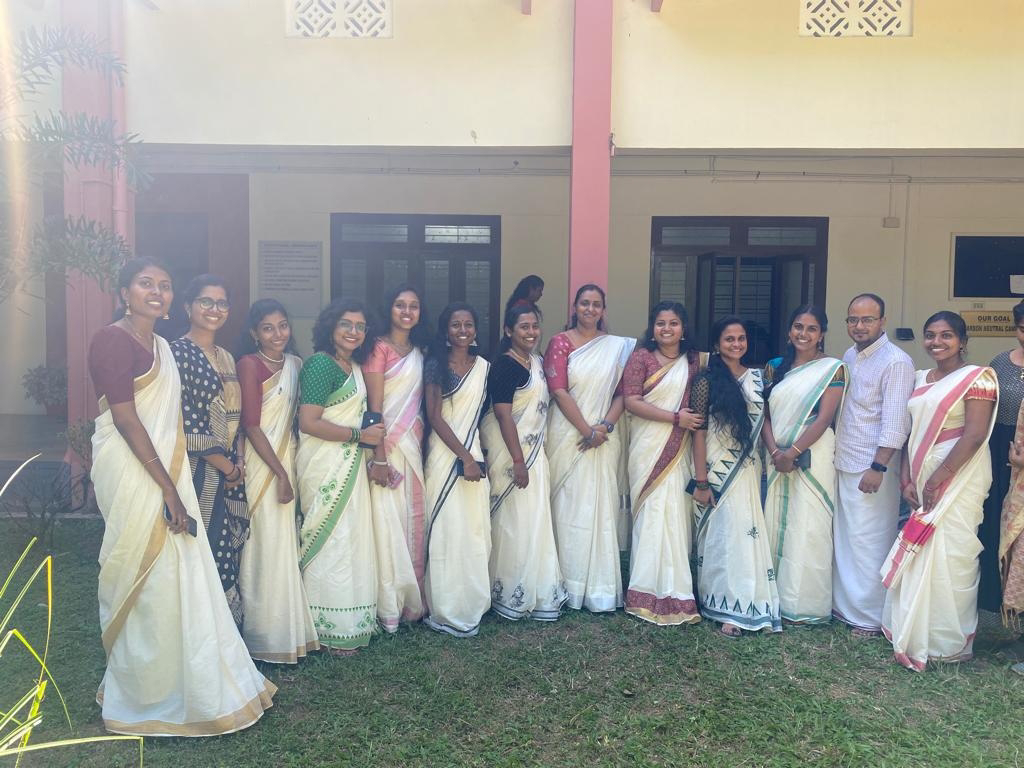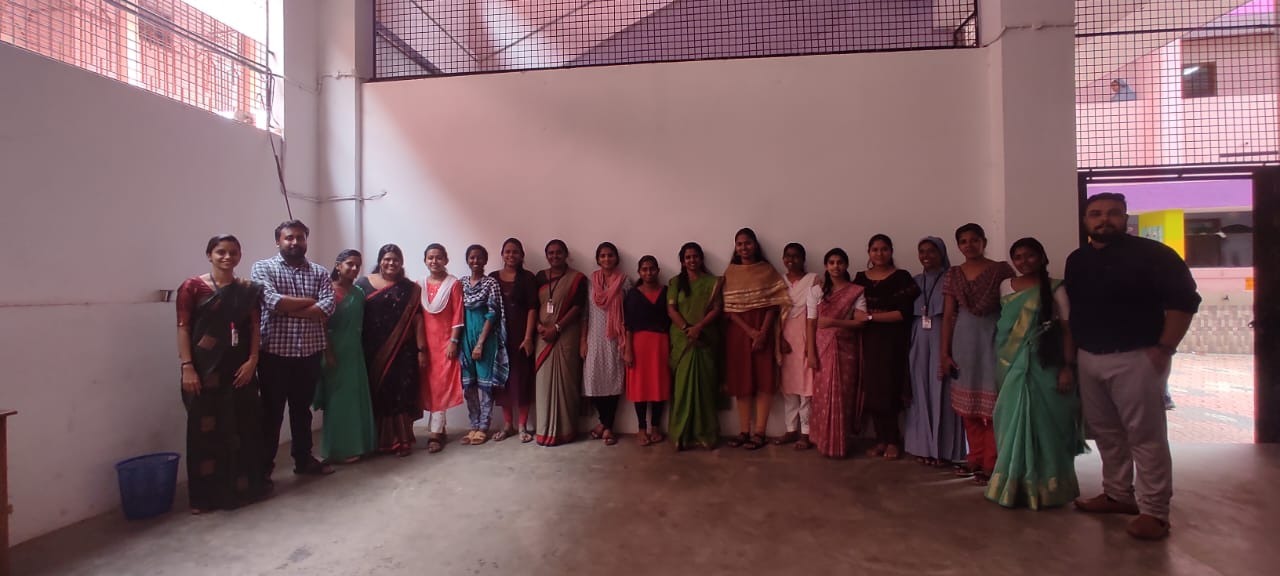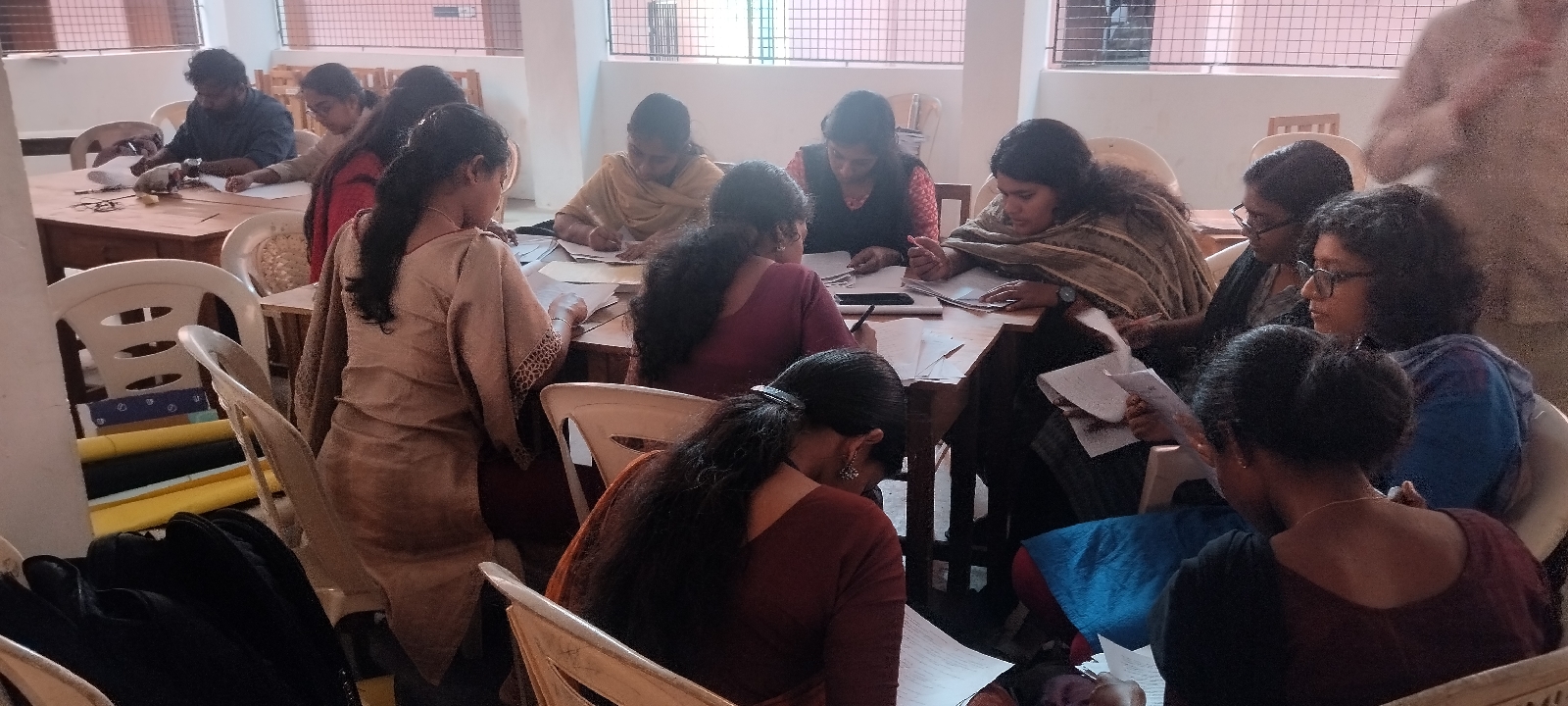Teaching Adjectives
Embracing innovative teaching methods can be transformative for both teachers and students alike. Instead of relying solely on traditional lecture-based approaches, educators are now incorporating interactive technologies, hands-on activities, and student-centered projects, fostering a more engaging and personalized learning environment. This modern shift not only makes lessons more dynamic but also nurtures critical thinking, creativity, and collaboration among students.
One teaching method that recently captivated my students was the introduction of sensory experiences to teach adjectives. Enter the "Magic Potion Lab". In this, students were invited to touch, smell, and even taste a range of edible items. Without the power of sight, their other senses heightened, they were challenged to describe their experiences using adjectives. Was the texture smooth or rough? Did the item smell sweet or sour? Was the taste bitter or tangy?
But the magic didn't stop there. Once they were done exploring, students got the chance to don their wizard hats and concoct their very own magic potions. Using the ingredients they'd just encountered, they mixed, blended, and brewed their personalized potions. The final touch? Describing their unique creations with the plethora of adjectives they'd just learned.
The results were nothing short of enchanting. Not only were students active throughout the class, but their enthusiasm and eagerness to participate were palpable. The joy on their faces as they unmasked their senses and the creativity with which they described their potions reinforced a crucial educational insight: learning becomes more effective when it's fun.
In conclusion, the Magic Potion Lab wasn't just a game. It was a vivid reminder that unconventional teaching methods can breathe life into lessons, making abstract concepts tangible and memorable. Through this sensory-rich experience, my students not only grasped the concept of adjectives but embraced them in a way that traditional teaching methods might not have achieved.







